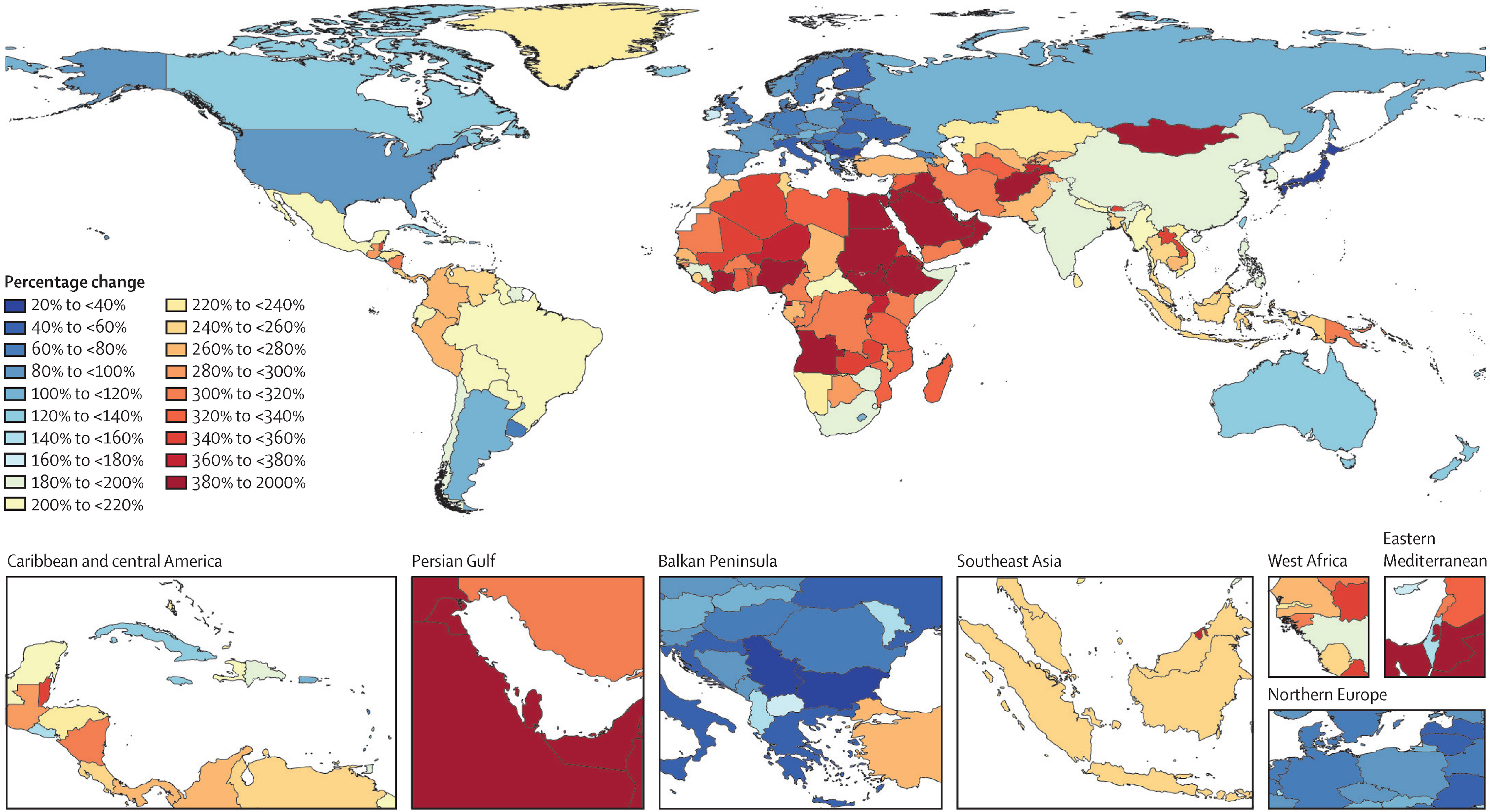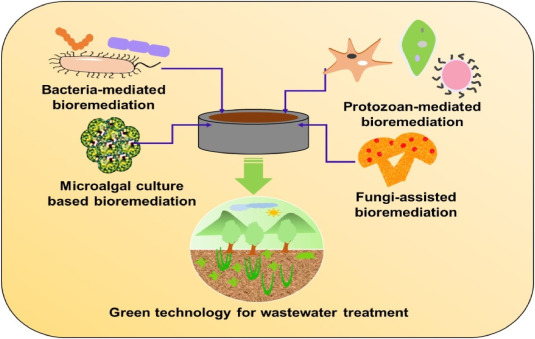Elsevier,
Journal of Climate Change and Health, Volume 5, February 2022
This study, relevant to Goals 3, 10, and 13, examined how often and in which countries health considerations were factored into a country’s Nationally Determined Contributions (NDC’s) for climate commitments. They found that countries with the greatest vulnerability to climate change health effects – largely countries with the fewest resources – considered health effects the most. The authors recommend that considering health, even in higher resourced countries, can increase public backing for ambitious climate goals.
Elsevier,
The Lancet Public Health, Volume 7, February 2022
An article on the global prevalence of dementia, in the context of SGD 3, focusing specifically on forecasting country-level estimates of dementia prevalence attributable to high BMI, high fasting glucose, and smoking, from 2019 to 2050.
Elsevier,
Thoracic surgery clinics, Volume 32, 1 February 2022
This article advances SDG goals 3, 5 and 10 by examining disparities in lung cancer treatment and survival rate by race, gender, sexual identitity, and disability status with the goal of understanding the current situation to improve future outcomes.
Elsevier, The Lancet Public Health, Volume 7, January 2022
This Article supports SDGs 3, 5, and 10 by examining the effects of housing interventions on the physical, psychosocial, and economic wellbeing of women experiencing IPV, calling for continued investment into research, policy, and practice to innovate the IPV-housing continuum and to address the needs of women experiencing IPV and homelessness across different social circumstances.
Elsevier, Current Research in Green and Sustainable Chemistry, Volume 5, January 2022
Overuse of water has led to the degradation and scarcity of limited water resources, which prompted the modern world to adopt sustainable measures to save water by increasing its reuse and recycling. The use of microbial-based green technology to treat wastewater has appeared to outweigh conventional wastewater treatment (WWT) technologies because this emerging technology overcomes many of the shortcomings of conventional treatment systems.
Elsevier,
Comparative Biochemistry and Physiology Part - B: Biochemistry and Molecular Biology, Volume 257, January 2022
This article advances SDG # 15 and # 11 by investigating one of the factors leading to the global decline of bee populations. Pathogens, which need overcome the insect defenses such as the physical barriers, the body cuticle and peritrophic matrix (primary defenses), as well as the secondary defenses with antimicrobial peptides (AMPs) and the enzyme lysozyme were evaluated according to cuticle maturation.
Elsevier,
The Lancet Regional Health - Western Pacific, Volume 29, December 2022
This Viewpoint supports SDG 3 by describing how the Integrative Multicomponent Programme for Promoting South Asians’ Cancer Screening Uptake (IMPACT) project successfully increased cancer screening uptake for ethnic minorities in Hong Kong.
Elsevier,
Current Research in Green and Sustainable Chemistry, Volume 5, January 2022
Food preservatives are important to reduce food spoilage caused by microorganisms preventing loss of its quality and nutritive value. In this research, a new way to isolate the organic nanodots from edible freshwater blue green microalgae has been developed as a natural food preservative.


